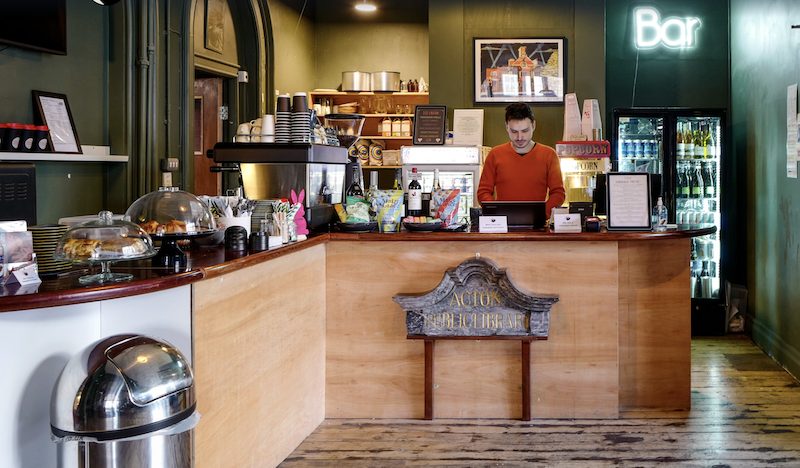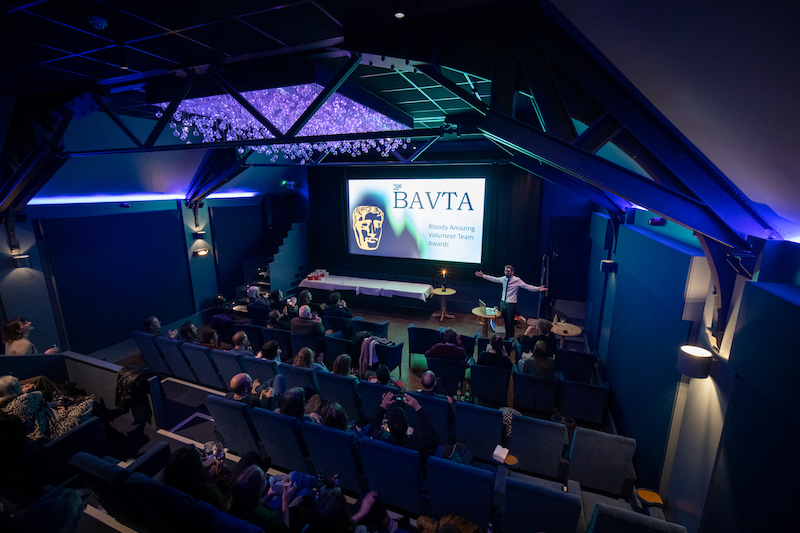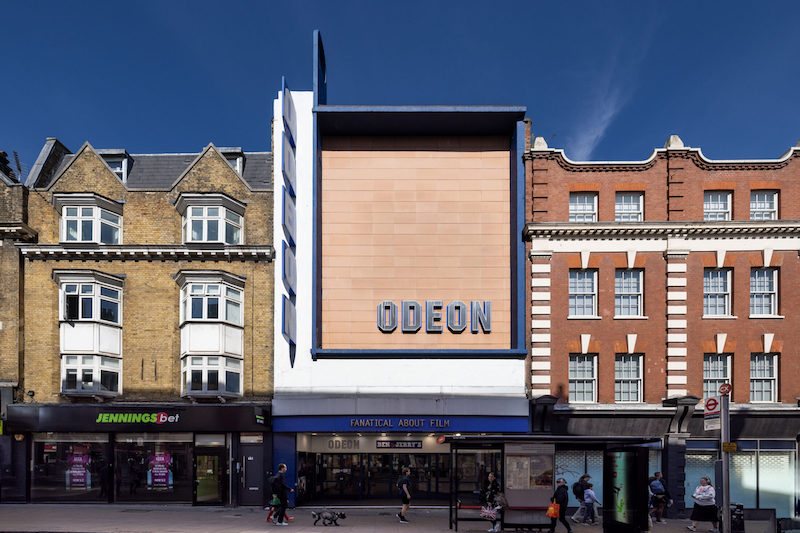Independent, community-based cinemas in north-west London are fighting to offer viewers something new amid the closure of Camden Odeon.
The cinema on Parkway, Camden, is set to close in spring 2026 but some locals are determined to keep the cinema industry alive in North West London.
Nigel Smith, an expert on London’s cinemas, tells North West Londoner that the Camden Odeon has played a vital role in the cultural history of the area.
In 1984, when cinemas nationwide were struggling due to the popularity of home video, cinema-lover Peter Walker bought the film theater – then known as the Gaumont.
Donning black tie and summoning a jazz three-piece to introduce his screenings, Walker transformed a struggling cinema into a centrepiece of Camden’s cultural scene.
Smith says: “He really wanted to bring back the glamour of 1930s cinema in Camden, at this time when a lot of Camden was being gentrified and regenerated.”
Once the Odeon screens its last film, only one of the six theatres on Nigel Smith’s walking tour of Camden’s cinemas will still be operating.
Smith warns that the cinema’s part in Camden’s history should not be forgotten.
He said: “What would disappoint me is if all semblance of it was to vanish, so you would never know a cinema was ever there.”
Multiple former cinemas – on the site of Urban Outfitters in Camden and Starbucks in Angel – have already disappeared from high streets in the area.
Following a campaign by the Cinema Theatre Society, Camden Town XChange – the developers who purchased the site – have confirmed that the Odeon’s facade will not be demolished.
While multiplex cinemas face difficult times, Smith is keen to emphasise the array of independent cinemas across north-west London which offer an alternative to the standard cinema-going experience.
He said: “You feel like you’re part of a little club being there, and it feels very sort of welcoming and open. Cinemas will only survive if they’re offering something that people just can’t get at home, which feels somewhat unique – but it also has to be affordable.”
Curzon Camden, the area’s newest cinema, is embracing this challenge: each of its five screens are housed by a different railway arch, offering a “unique” experience for cinemagoers.
Further afield, ActOne in Acton and The Lexi in Kensal Rise are “exemplars” of a community-focussed “future of cinema,” Smith says.

ActOne, which is approaching its fourth anniversary, has embedded itself in its community by offering events and spaces to a wide range of locals.
Its director, Nicholas Jones, says that this makes ActOne not only a viable business but a vital community asset.
With cinemas still recovering from the impact of the pandemic on cinema-going habits, Jones is “cautiously optimistic” that attendance may soon recover to the numbers seen in 2019.
The Lexi, described by co-director Jonathan Kirk as “London’s only social enterprise cinema,” contributes to community work in South Africa as well as closer to home in Kensal Rise, offering affordable hires for grassroots charities, subsidised visits for school holiday clubs, and a free film club for women refugees.

The alternative experiences offered by independent cinemas are influencing multiplex chains – as proved by the Showcase Lux and Dine in Islington and Cineworld-owned chain Picturehouse – Smith says.
Jones said: “Multiplexes and chains like Picturehouse and Curzon have deeper pockets but higher costs, and cannot be as nimble as an independent. Our volunteers who support the paid staff are a vital part of this.”
Feature image credits: Chloe Rosser / Memory Palaces





Join the discussion